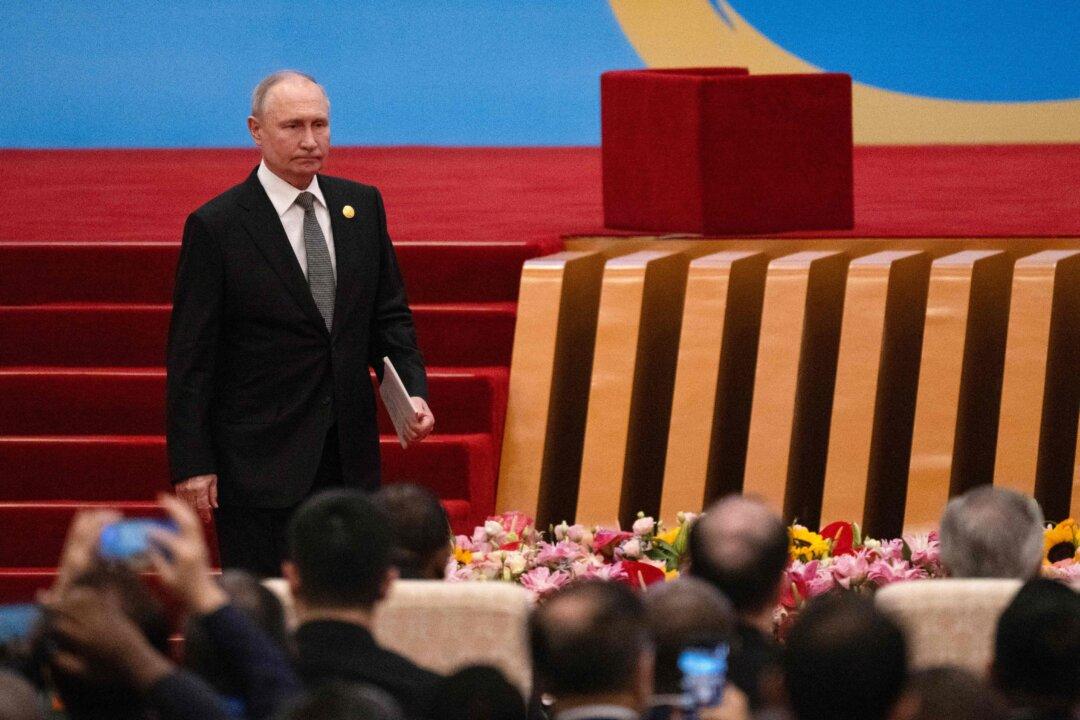Commentary

Russia's President Vladimir Putin leaves the podium following his speech during the opening ceremony of the third Belt and Road Forum for International Cooperation at the Great Hall of the People in Beijing on October 18, 2023. Pedro Pardo/AFP via Getty Images
Michael Wilkerson is a strategic adviser, investor, and author. He’s the founder of Stormwall Advisors and Stormwall.com. His latest book is “Why America Matters: The Case for a New Exceptionalism” (2022).
Author’s Selected Articles




